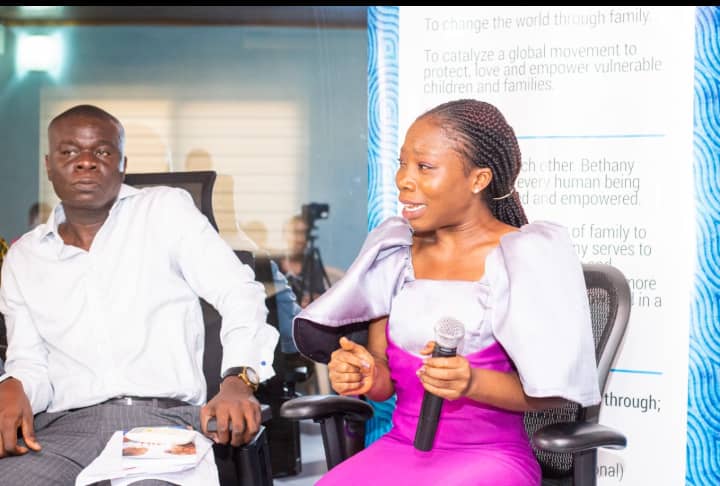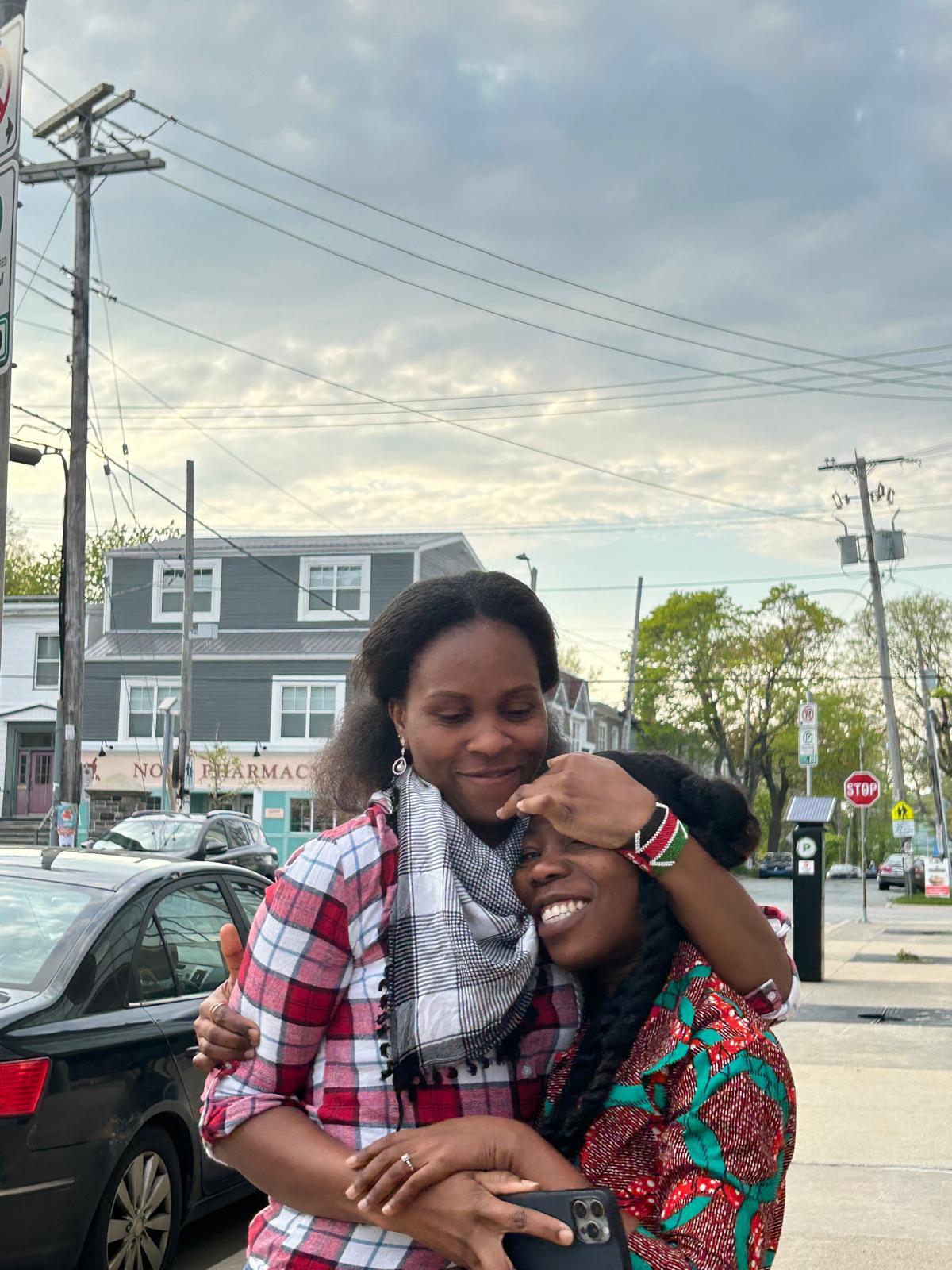Growth is messy. It’s uncomfortable. It forces you to confront parts of yourself you would rather ignore. But it’s also liberating. Finding one’s voice and building emotional intelligence is priceless. I used to be the queen of self-doubt. I didn’t believe in myself, kept my thoughts to myself, and struggled to see any value in who I was.
It felt like no matter what I did, I was never good enough. It took me years to realize that the problem wasn’t about my abilities—it was about how I saw myself.
Honestly, building my self-worth and emotional intelligence was one of the hardest things I’ve ever done. It meant digging deep, facing painful memories, and letting go of things that were holding me back. But looking back, it was worth every tear and every struggle.
If you’re on a similar journey, I want you to know it’s possible to get to the other side, even if it feels impossible right now.

The Struggle Was Real
Growing up, I learned to keep quiet. I thought my opinions didn’t matter, so I stayed silent, even when I wanted to speak up. I became a people-pleaser, saying yes to everything just to feel accepted. But the more I tried to fit in, the more I lost myself.
It took a toll on my self-esteem—I didn’t think I was worth much because I was constantly trying to be someone I wasn’t.
It got to a point where I didn’t even know who I was anymore. I was just playing roles to keep the peace. It was exhausting, and it made me feel empty inside.
Learning to Speak Up
Finding my voice was terrifying at first. I had spent so long staying quiet that speaking up felt unnatural. I was scared of being judged, of people not understanding me. But I realized that staying silent was only hurting me more.
I started small—saying “no” when I really didn’t want to do something, sharing my thoughts even when I was scared of sounding silly, and being honest about how I felt. It was uncomfortable, and I made mistakes along the way, but it was the only way I could learn to value my voice.
Emotional Intelligence Changed Everything
Part of finding my voice was learning emotional intelligence—not just reacting to situations but understanding my emotions and why I felt a certain way. I had to unlearn the habit of bottling things up. I started journaling to process my thoughts and feelings, and it helped me understand myself better.
I learned how to respond instead of react. Instead of lashing out when I was hurt, I learned to express my feelings calmly. I also learned how to listen, not just to others but to myself. It’s amazing how much clarity you can get when you allow yourself to feel and reflect.
Accepting Love and Support
One of the hardest parts was learning to accept love and support. I was so used to thinking I wasn’t good enough that when someone showed me kindness, I didn’t trust it. My husband played a huge role in helping me through this. His patience and support helped me see that I was worthy of love, even when I didn’t believe it myself.
But it wasn’t easy. I had to work on my mindset, to believe that I deserved good things. I had to learn how to love myself first.
How You Can Build Your Self-Worth and Emotional Intelligence
If you’re struggling with self-esteem or finding your voice, here are some things that helped me and might help you too:
1. Start Small: You don’t have to make grand declarations. Start by speaking up in small situations. It builds your confidence over time.
2. Challenge Negative Thoughts: Whenever you catch yourself thinking, “I’m not good enough,” challenge that thought. What’s the evidence for it? Usually, there isn’t any.
3. Feel Your Feelings: Don’t bottle things up. It’s okay to feel hurt, angry, or sad. The more you acknowledge your feelings, the more you understand yourself.
4. Set Boundaries: This was hard for me, but learning to say “no” was a game-changer. It taught me to value my time and energy.
5. Seek Support: Whether it’s through friends, family, or a therapist, don’t be afraid to lean on others. You don’t have to do this alone.
6. Be Kind to Yourself: You’re going to make mistakes. You’re going to fall back into old habits sometimes. That’s okay. Be patient with yourself—it’s all part of the journey.

It’s Okay to Be a Work in Progress
I’m still learning. I still have days when self-doubt creeps in, but I’ve come a long way. I’ve learned to trust my voice and believe in my worth. If I can do it, so can you. It’s not about perfection—it’s about progress.
So, keep going. Speak up, even when your voice shakes. Love yourself, even when it feels hard. You’re worth it, even if you don’t see it yet. And one day, you’ll look back and realize just how far you’ve come.
Feel free to reach out if you need extra encouragement or want to share your journey.






Nice blog here! Additionally your site so much up fast!
What host are you the use of? Can I am getting your associate hyperlink for
your host? I desire my website loaded up as quickly as yours lol